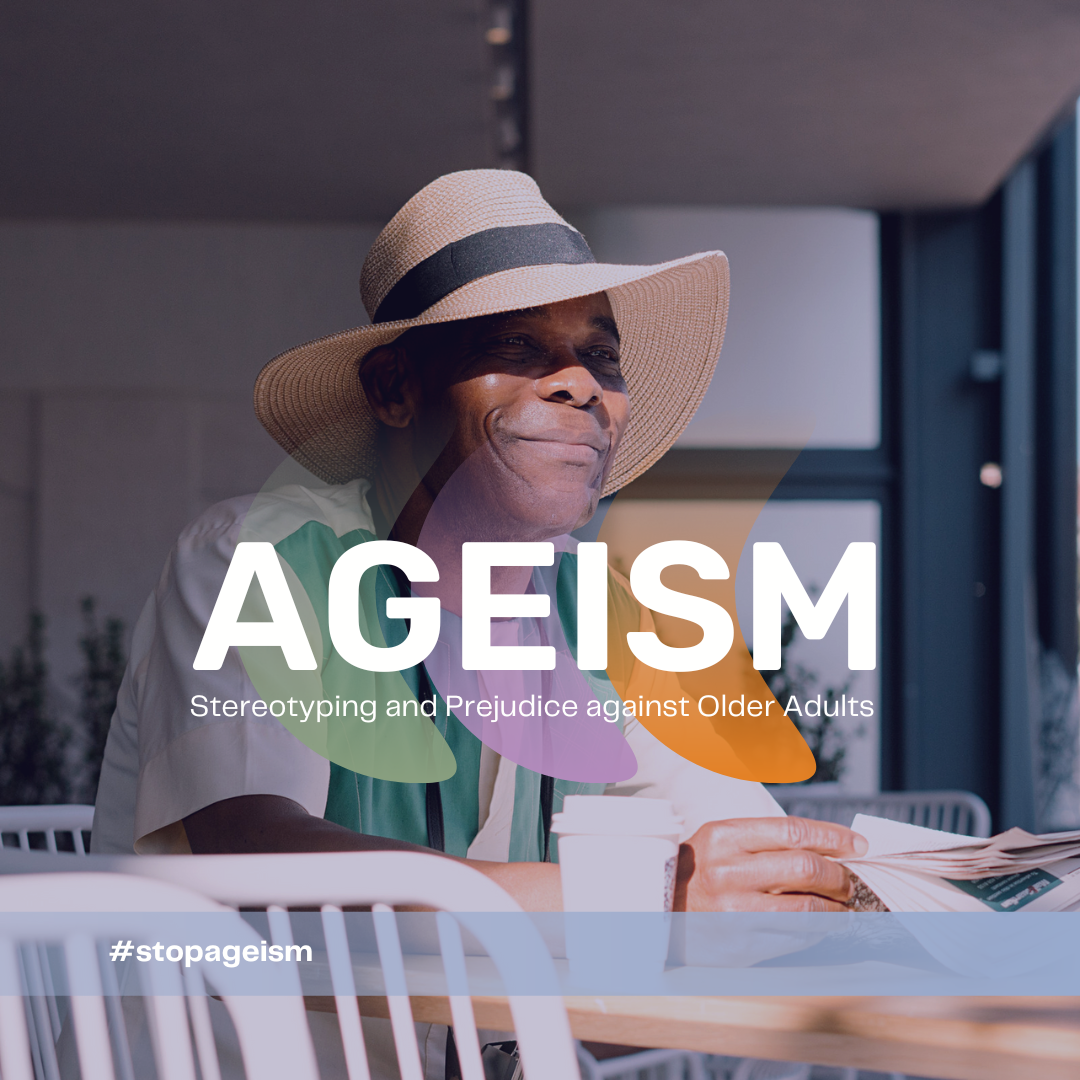Honoring the Strength of Older Adults
On National Senior Citizens Day, August 21st, 2025, we celebrate the countless contributions, resilience and wisdom of older adults in our communities. From raising families to building movements for justice, older adults have long been the backbone of our society – and their strength remains a source of inspiration today amid a challenging political environment that jeopardizes local safety nets, making it more difficult for older adults to receive the care they need. Specifically, the budget reconciliation bill, passed into law on Jul 4th will result in more than $1 trillion dollars in funding cuts between Medicaid and SNAP – two lifelines that many older adults depend on to live their lives independently as they age in place. However, these cuts do not happen in a vacuum – they are fueled by ageist narratives that undervalue older adults and dismiss their needs as inevitable burdens of aging. Even the name of this commemoration, “National Senior Citizens Day”, reflects ageist language that perpetuates harmful stereotypes normalizing the idea that older adults’ needs are less urgent.
The Problem with the Phrase “Senior Citizens”
These commemorations are important, but the very name – “National Senior Citizens Day” – reflects how deeply ageism is embedded in our language and systems. Labels like “senior citizens” or “the elderly” box older adults into a single, deficit-framed category that enables dismissive attitudes in clinics, communities, and through policy and legislation as we have already seen.
There’s also clear evidence that many older adults disapprove of being called “senior citizens.” In a 2021 survey of Americans age 55 or older, only 10 percent preferred being called “senior citizen” while over 75 percent had positive views of “older adults” or “mature adults” (1). This is also emphasized by other influential organizations such as the National Institutes on Aging which advises avoiding terms with negative connotations such as “the aged”, “elderly”, “senior citizen”, and “boomer” – and recommends neutral, inclusive language like “older adults” or “people over age X.” (2).
Language does not just describe the world, it shapes it. Research links everyday ageism to poorer mental and physical health and to barriers in care, with compounding effects for people who also face racism, xenophobia, homophobia, and/or sexism. When we normalize labels that “other” older adults, we make it easier to under-treat symptoms, under-fund essential programs like Medicaid and SNAP, and under-value older adults and family caregivers who care for them.
Shaping Language, Shaping Policy Outcomes
At the Diverse Elders Coalition (DEC), we understand the importance of resolving ageism in ensuring favorable infrastructures of equity. Using “older adults” respects individuality and diversity and helps reframe aging as a natural, valuable stage of life. Without resolving ageism, we will continue to diminish older adults and contribute to systemic barriers:
- In health care, it leads to older adults being undertreated or dismissed.
- In policy, it makes programs for aging populations easier to cut or deprioritize.
- In everyday life, it fosters stigma and isolation, with harmful effects on both mental health and physical health outcomes (3).
This “National Senior Citizens Day,” we honor the resilience of older adults and the vital contributions they continue to make. But also, we call on policy makers, advocates, and communities across the United States to look deeper: to recognize that language matters, and to understand that true recognition means building systems of care and support that uses language to lift older adults, rather than knocking them down. Let’s celebrate the day in the right way, with the right framing – and commit to the language and polices that make equity real.
References
- https://www.theseniorlist.com/data/senior-label-study
- https://www.nia.nih.gov/research/blog/2023/12/dont-call-me-old-avoiding-ageism-when-writing-about-aging
- https://pmc.ncbi.nlm.nih.gov/articles/PMC9201677/

